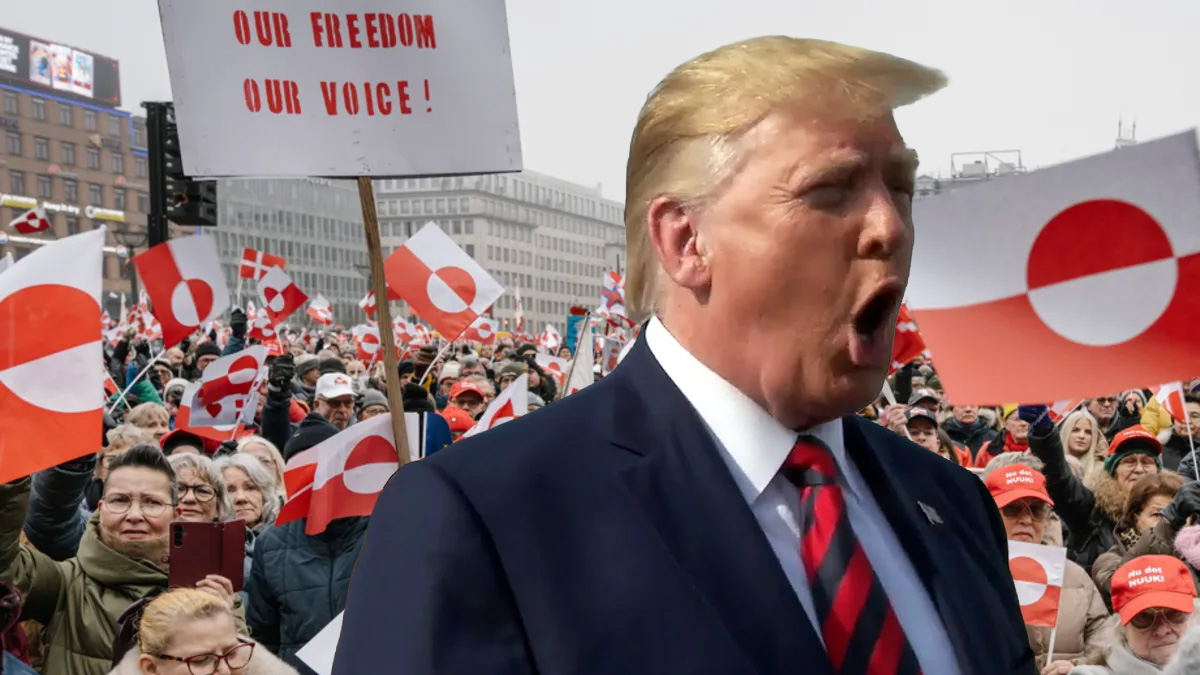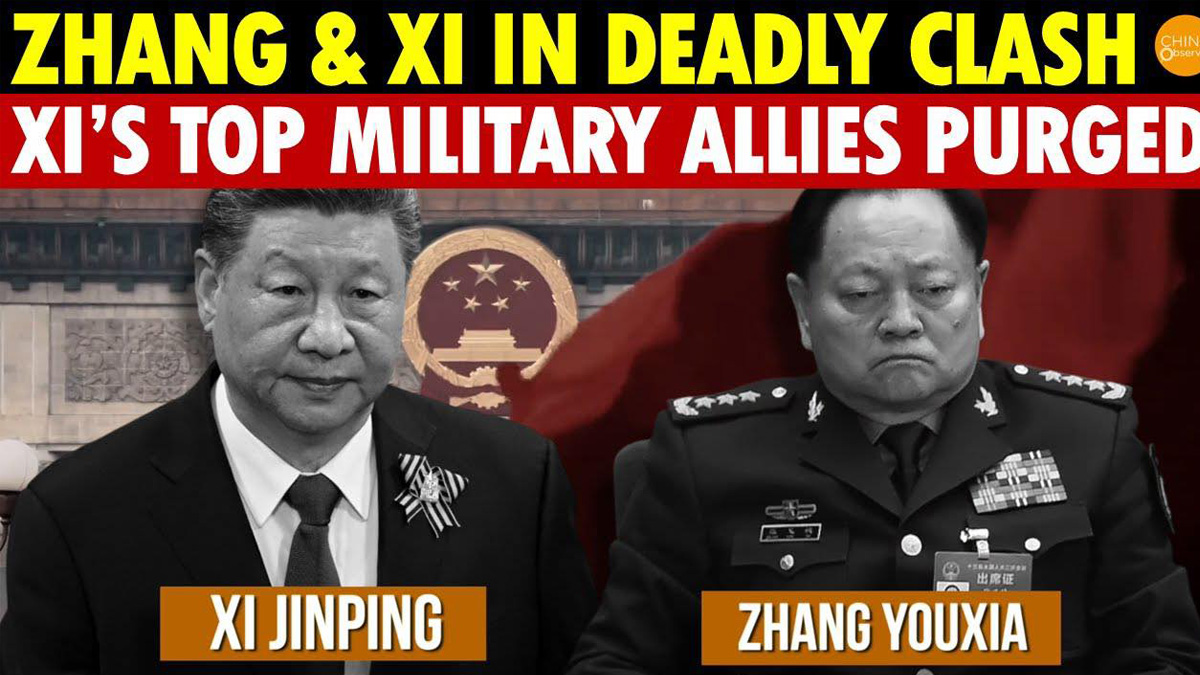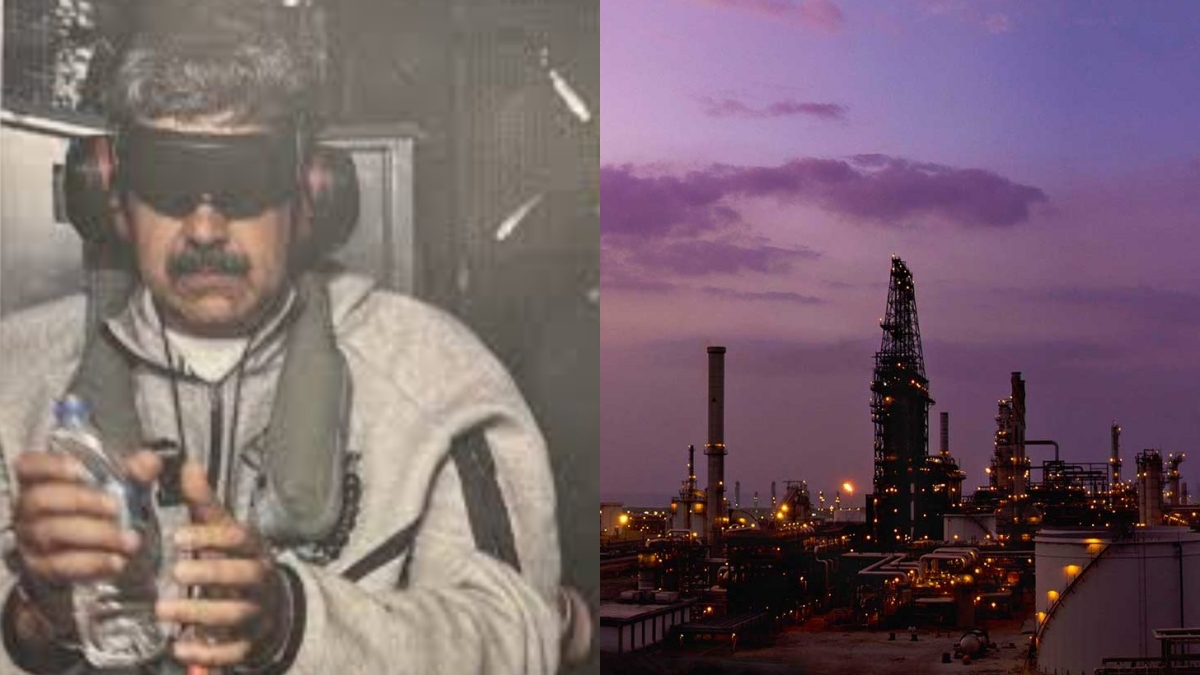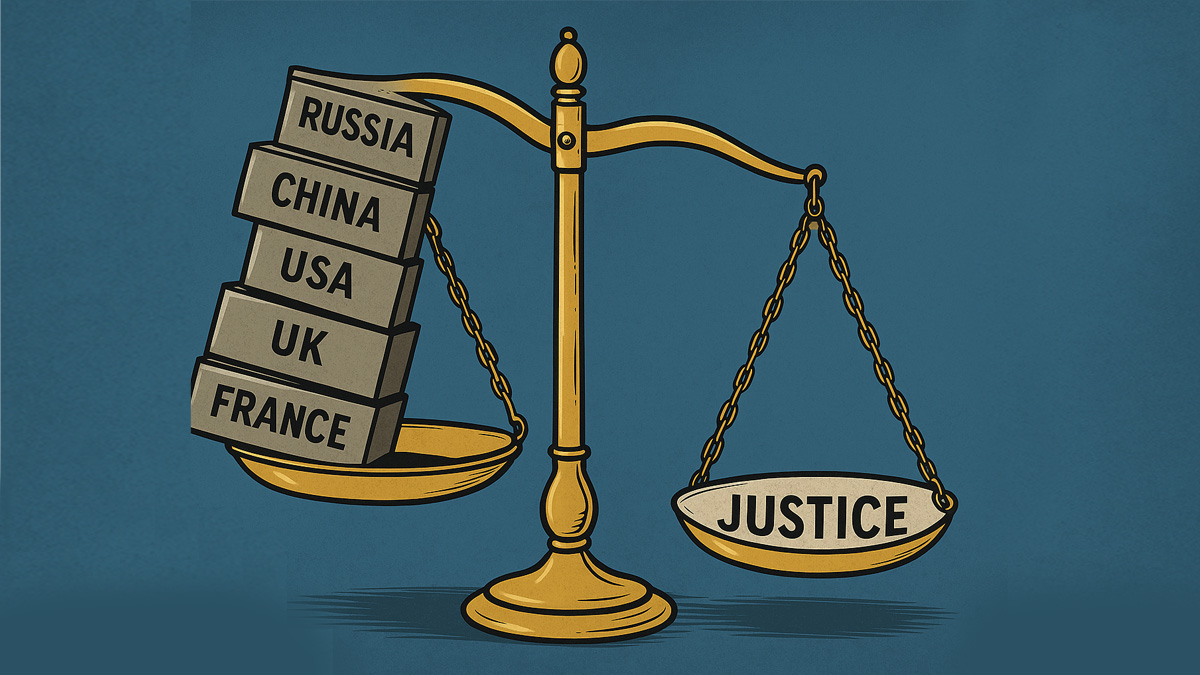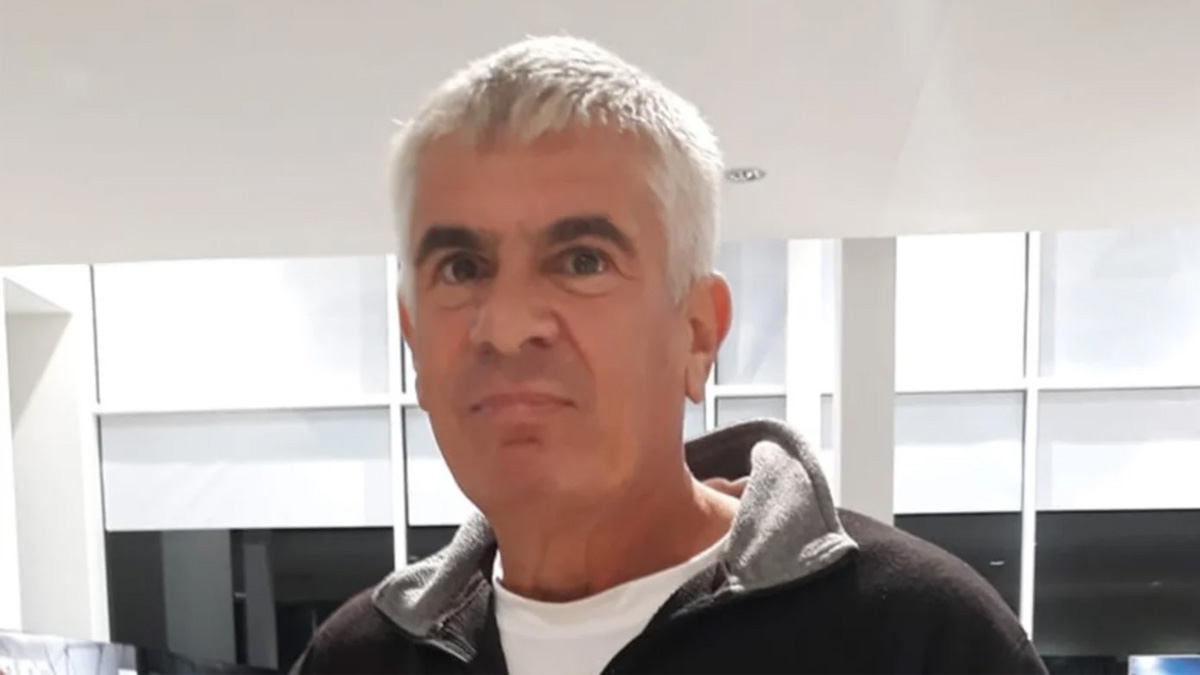When Democracy Becomes a Plutocrat’s Playground
Tan Wah Piow argues that democracy cannot survive alongside plutocracy. Drawing on the U.S. example, he warns that wealth inequality, corporate lobbying, militarized foreign policy, and media monopolies hollow out democratic ideals, turning elections into rituals without substance.
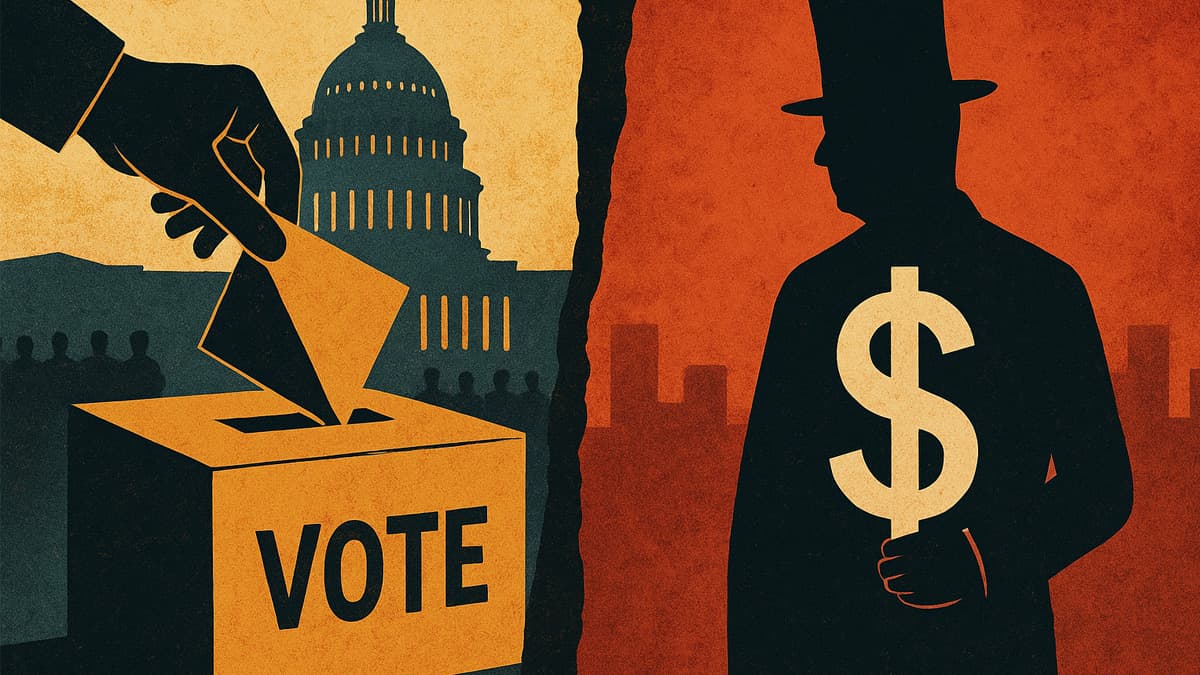
In his essay Is Democracy Worth Saving?, Malaysian social activist Thomas Fann argues that despite its flaws, democracy remains the best system to give citizens a voice and hold leaders accountable. Drawing from Malaysia’s struggle against democratic backsliding, his call to defend democracy is vital. Yet it is incomplete without examining the United States—the world’s most influential democracy, and its most compromised.
With only 5% of the world’s population but outsized wealth and power, America wages endless wars with its Western allies, ostensibly to defend democracy. In reality, the chief beneficiary is the military-industrial complex. The same logic justifies trade wars. Ironically, Donald Trump—who hollowed out democratic norms at home—continues to command strong support. Any attempt to “save democracy” on the Western template must first reckon with this paradox.
Lincoln’s famous dictum—“government of the people, by the people, for the people”—was always an illusion. Millions were enslaved and excluded from citizenship. Only through abolition, Black enfranchisement, and women’s suffrage did the U.S. inch toward its promise. Yet as old barriers fell, new ones arose: the steady capture of politics by moneyed elites.
Fann stresses institutional guardrails against demagogues. But America, with its many guardrails, has seen them collapse like jelly. Trump’s rise reflects a deeper rot: a media landscape dominated by billionaire ownership. The battle over TikTok, now one of the most influential political platforms, shows how plutocrats treat information as an asset to control.
Inequality sharpens this paradox. The U.S. is home to vast wealth yet suffers from widening disparity. Hedge fund billionaire Ray Dalio observes that capitalism’s very success breeds inequality that corrodes society. This is the missing element in Fann’s account: democracy is undermined not only by demagogues but by an economic system that entrenches plutocracy.
Healthcare illustrates the point. America spends more than 15% of its federal budget on healthcare—more than Europe or China—yet millions remain uninsured. Pharmaceutical giants and private conglomerates dictate prices through multimillion-dollar lobbying. U.S. citizens pay the world’s highest drug costs while universal coverage remains blocked. At the ballot box, little changes: both parties are captured by industry money.
Foreign policy tells a similar story. Eisenhower’s 1961 warning about the military-industrial complex has become reality. Defense contractors bankroll think tanks, shape foreign agendas, and profit from wars that displace millions. Yet billionaire-owned media outlets deflect public anger onto refugees rather than the plutocrats who profit from endless conflict. The Fourth Estate is no longer the guardian of truth but the mouthpiece of ruling elites.
This global dimension is where Fann’s essay falls short. The United States exports its democratic dysfunction: weaponizing rhetoric to justify interventions, fueling trade wars under the guise of national interest, and tying global stability to the profit motives of defense and financial elites. Democracy is thus not only fragile in Malaysia or elsewhere—it is distorted by the gravitational pull of American plutocracy.
The circle closes here. Democracy in theory depends on citizens making rational choices based on facts. In practice, voters are bombarded with fear, bigotry, and falsehoods—engineered by elites who profit from division. The result is a system that reproduces plutocracy at home and exports its distortions abroad.
If democracy is to mean more than ritualized elections, whether in Malaysia or beyond, it must confront this paradox. It cannot coexist with runaway inequality, monopolized healthcare, militarized foreign policy, and concentrated media power. Restoring integrity requires systemic change: campaign finance reform, protections against media monopolies, universal healthcare, demilitarization, and economic models that prevent wealth from converting into unchecked political influence.
Lincoln’s vision was never fully realized because equitable distribution of wealth was excluded from America’s democratic design. The test of democracy in the 21st century is not simply whether nations defend institutions but whether they dismantle the deeper structures of plutocracy. Unless we imagine and build a post-capitalist framework that reconciles wealth with fairness and justice, democracy will continue to fail—not only in America but across the world shaped by its shadow.


